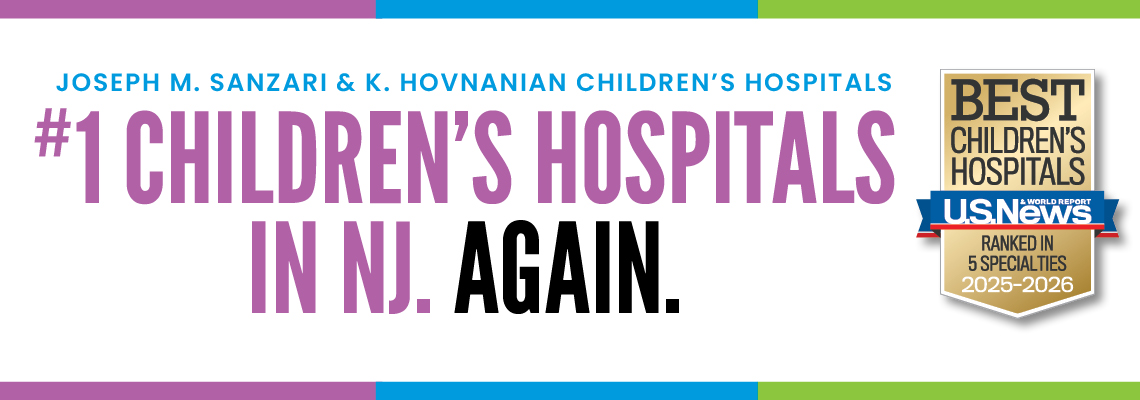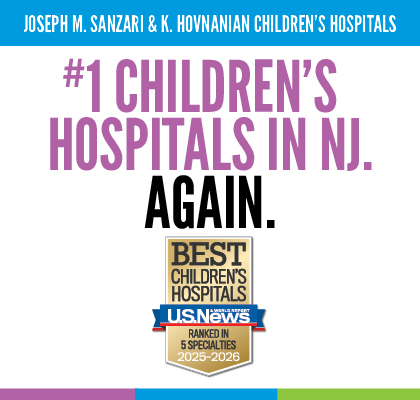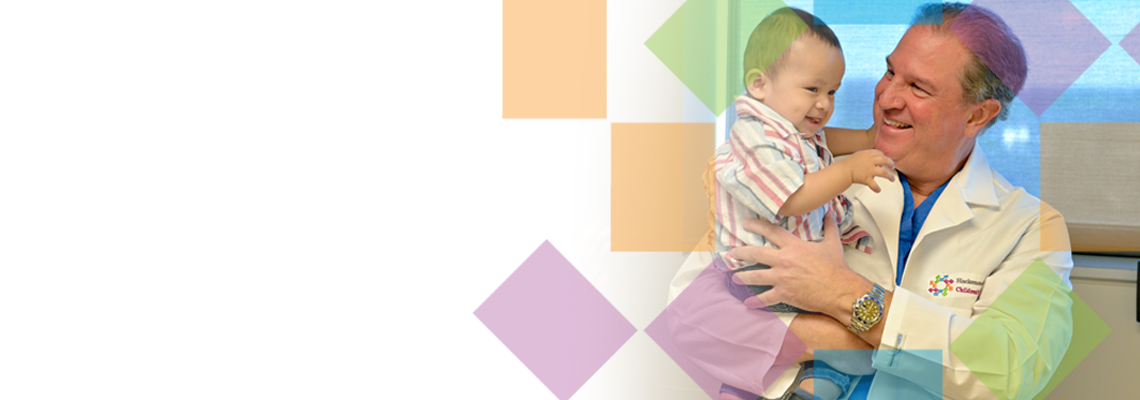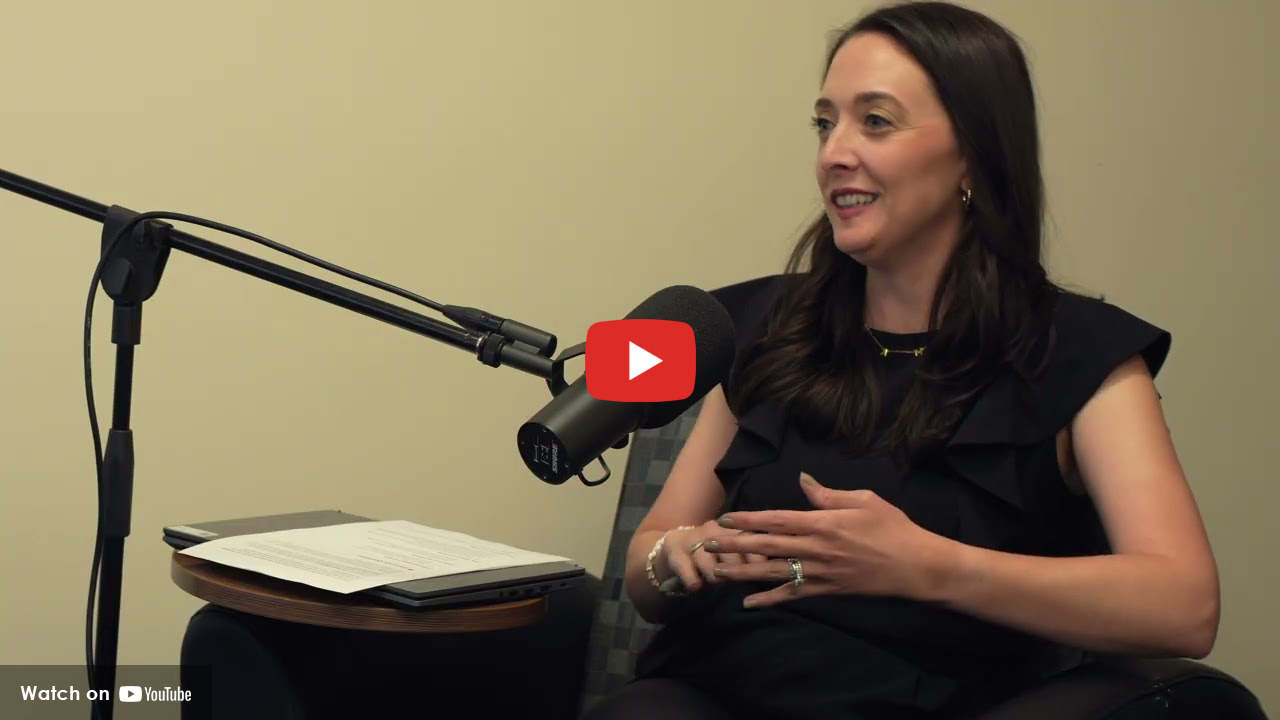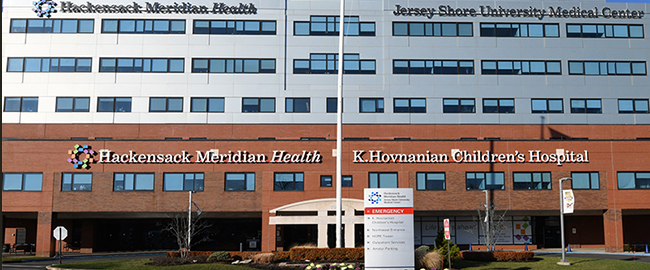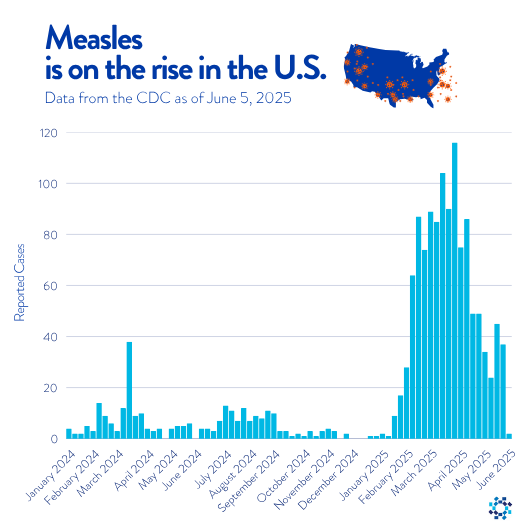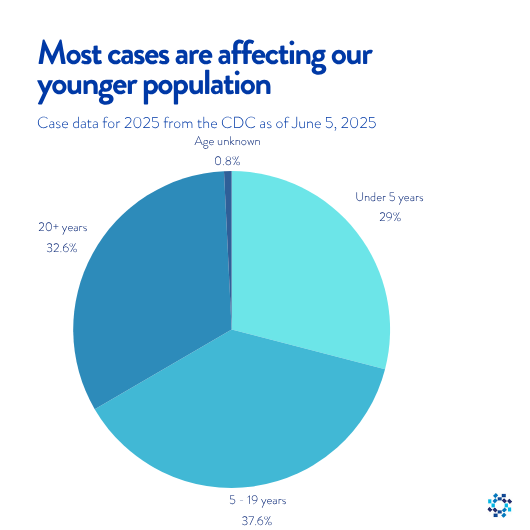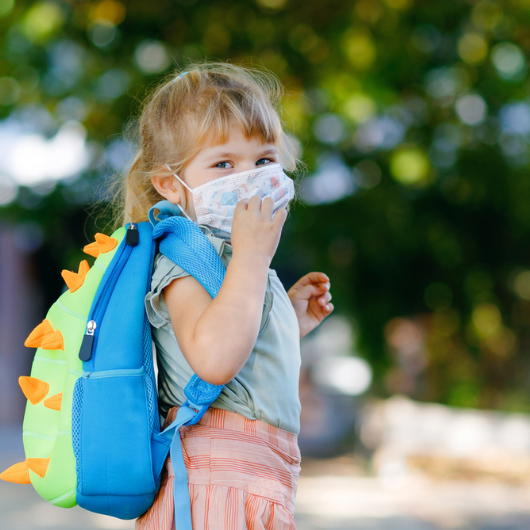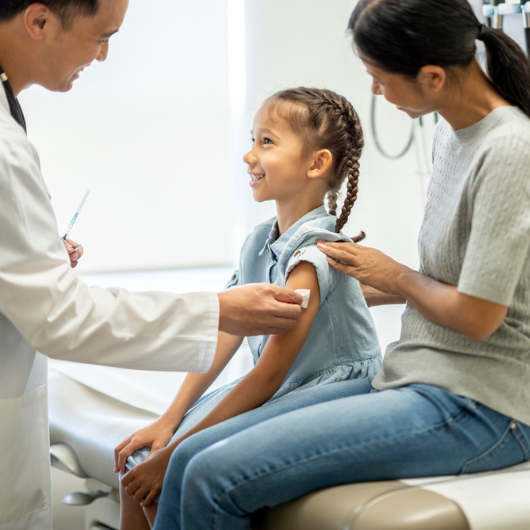Facts About Childhood Vaccines
Protecting your child is your top priority. We understand navigating vaccine information can feel overwhelming.
This page offers clear, science-backed answers to common questions and concerns, so you can make the most informed decisions for your little one's health.
The Power of Vaccines
Child mortality has dropped dramatically around the world as vaccines became widely available and distributed.
How Do Vaccines Work?
Vaccines help protect your baby from serious illnesses. A baby’s immune system is still developing, so vaccines give them a head start in fighting off harmful germs. Most vaccines have a small dose of weakened or inactive virus or bacteria that teaches your baby's body how to defend itself, so if they encounter the real illness later, they'll be ready.
Because of vaccines, many serious diseases, such as polio, are now extremely rare.
Vaccine Safety
The safety of your child is our priority, and we understand that trust is essential. We feel confident giving vaccines, knowing that all vaccines undergo years of rigorous research and review by the FDA before they're ever approved.
Even after approval, the FDA continues to carefully monitor them to ensure they remain safe and effective for your little one.
And the science isn’t new. Vaccines have a long history of preventing serious illness, with large-scale vaccinations dating back to the 1940s.
Vaccine Ingredients
Vaccine ingredients serve specific purposes. Some help your child’s immune system respond better, while others help ensure the vaccine is effective and can be stored properly.
For example, one common ingredient is aluminum, which is used in small, safe amounts to enhance immune response. The most aluminum allowed in a single vaccine shot is 1.25 milligrams. That's like a tiny speck, even smaller than a piece of a grain of rice! The limit is set to keep kids safe.
Aluminum is also found in common items like antacids, naturally found in various foods, and even present in trace amounts in breast milk.
Vaccine Side Effects and Risks
Misinformation has spread, claiming that vaccines can cause autism, sudden infant death syndrome (SIDs) and other long-term health problems.
There is no credible evidence that vaccines cause autism, infertility or long-term health problems.
View the frequently asked questions below for more details on these claims and information to help clear up any confusion.
Types of Childhood Vaccines
Vaccines have saved lives for decades and continue to protect children from serious illnesses. Some vaccines combine protection from multiple diseases into a single shot safely and effectively.
Diphtheria/tetanus/pertussis (DTaP) - The DTaP vaccine protects against three childhood diseases, diphtheria, tetanus and pertussis.
Haemophilus influenzae type b (Hib) - The Hib vaccine prevents Hib disease, which can lead to severe bacterial infections such as meningitis. The vaccine consists of three or four doses and has significantly reduced cases of meningitis among children.
Hepatitis A - The Hepatitis A vaccine is a two-dose series. It is an effective way to prevent Hepatitis A, a contagious liver infection.
Hepatitis B - Hepatitis B is an infection that can lead to chronic liver disease and liver cancer. The vaccine is given to children in two, three or four shots.
Measles/mumps/rubella (MMR) - The MMR vaccine helps protect your child from measles, mumps and rubella. These serious diseases are highly contagious and can be dangerous. Almost everyone who is exposed to measles, mumps and rubella and is not vaccinated will get the diseases.
MenB - The MenB vaccine protects against meningococcal B disease, which is a serious illness caused by bacteria. This vaccination is recommended for children at 10 years and between the ages of 16-23.
Meningococcal ACYW - This vaccine protects against bacteria that causes meningococcal disease, a serious infection that can lead to meningitis (infection of the brain and spinal cord lining) and septicemia (blood poisoning). Children generally receive this vaccine between 11 and 16 years of age.
Pneumococcal (PCV) - The pneumococcal vaccine helps prevent serious illnesses such as pneumonia and meningitis caused by a type of bacteria.
Polio (IPV) - Polio is a serious disease that can cause paralysis or even death. The vaccine is considered highly effective and safe.
Rotavirus (RV) - The rotavirus vaccine is given as an oral vaccine in a series of two or three drops.It helps prevent rotavirus infection, which causes severe diarrhea and vomiting.
Varicella (chickenpox) - The varicella vaccine prevents chickenpox. It's generally given in two doses and is 90% effective.
Your child’s vaccines are scheduled based on the latest science about how babies’ immune systems respond and when they are most vulnerable. This carefully timed schedule protects your child at every critical stage. Ask your pediatrician to walk you through the full vaccine schedule and answer any questions you have.
The vaccine schedule includes:
- Recommended vaccines
- How many doses of each vaccine are recommended to provide the best protection
- Timing between each vaccine dose (if multiple doses are necessary)
- Ages when the vaccine should be given

Frequently Asked Questions
Yes. Vaccines are rigorously tested for safety and effectiveness. Before they’re approved for use, they must undergo extensive clinical trials and continuous monitoring by the U.S. Food and Drug Administration (FDA) and U.S. Centers for Disease Control (CDC). They’re only approved when proven to be safe for babies and children.
Most vaccine side effects are mild and temporary, like a sore arm or a low-grade fever. Serious side effects are very rare. Your pediatrician will talk with you about what to expect and how to manage and mild side effects.
No. There is no credible evidence that links vaccines to autism. Although autism symptoms often become noticeable around the same time babies receive certain vaccines, research has repeatedly shown that there is no causal connection.
A now-retracted 1998 study falsely suggested a link between vaccines and autism. The study was later found to be fraudulent, and the researcher lost his medical license. Dozens of large-scale studies since then have confirmed that vaccines do not cause autism.
No. Multiple high-quality studies show no connection between vaccines and SIDS. In fact, some research suggests vaccines may help reduce the risk of SIDs.
Delaying vaccines may leave your child unprotected during critical periods of development. Unless your pediatrician advises otherwise for medical reasons, sticking to the recommended schedule is best.
Experts developed a vaccine schedule for children based on how their immune system responds to vaccines at certain ages and their likelihood of exposure to each disease. Following the recommended vaccine schedule ensures your child is protected from dangerous diseases when they are most vulnerable.
Delaying vaccines leaves your child vulnerable to disease longer than necessary. Experts recommend following the CDC's schedule to ensure the best protection at the safest times.
Children must have certain vaccinations before attending school in New Jersey or any other state. Vaccines required before children can attend kindergarten in New Jersey include:
- DTaP - four doses
- Hepatitis B - one dose
- Polio - three doses
- MMR (measles, mumps, rubella) - two doses
- Varicella (Chickenpox) - one dose
Even if you breastfeed your baby, vaccines are still necessary. While breastfeeding provides your baby with some protection from infections and diseases, it will not offer the same protection as vaccines.
The term herd immunity means that enough people are vaccinated against certain contagious diseases that it would be difficult for the disease to spread. Generally, herd immunity occurs when 95% of a community's population are vaccinated against a disease. This protects those who are more vulnerable and may not be able to get vaccinated.
While the vaccination rates vary by community, New Jersey is largely below the 95% vaccination rate needed to achieve herd immunity. According to recent vaccination reports, the two areas in New Jersey with the lowest vaccination rates are Ocean County and Monmouth County.
Only 86% of kindergarten-age children in Ocean County have received their MMR (measles, mumps, rubella) vaccine.
In Monmouth County, the average vaccination rate for kindergarten-age children is 90%, below the 95% needed to protect the community.
The rise in measles cases have coincided with less children receiving the MMR (measles, mumps rubella) vaccine in New Jersey. The New Jersey Department of Health reported in its August 2024 brief that only 90.4% of New Jersey teens ages 13 to 17 have received two doses of the MMR vaccine.
Measles is a highly contagious and serious disease that’s caused by a virus. According to the Centers for Disease Control and Prevention (CDC), measles was a very common childhood illness before a vaccine was developed.
- There were more than 500,000 cases of measles each year, resulting in 48,000 hospitalizations and 500 deaths.
- Additionally,1,000 people developed a chronic disability after a measles infection.
Below is a snapshot of rising cases of measles, and the impact on those who are not vaccinated in 2025.
According to the CDC, vaccines prevent four million deaths worldwide each year. More than 50 million deaths can be prevented through immunization between 2021 and 2030. By 2030, it is estimated that measles vaccination can save nearly 19 million lives.
In most cases, it is still safe for your child to receive vaccines if they are mildly ill. The CDC recommends postponing vaccines if your baby is seriously ill, has a fever over 101℉ or is undergoing chemotherapy or other immunosuppressants.
There are very few reasons not to vaccinate your child. Your pediatrician will review your child’s health history and let you know if there are any concerns.
Vaccines help protect your child from illnesses before they become serious. Even healthy children are at risk for vaccine-preventable diseases, and early protection is key.
Your pediatrician is your best resource. They understand your concerns and can help you feel confident in your choices. You can also connect with a doctor anytime through HMH 24/7 or book an appointment with a pediatrician near you.
No results found. Please try a different keyword or filter.

